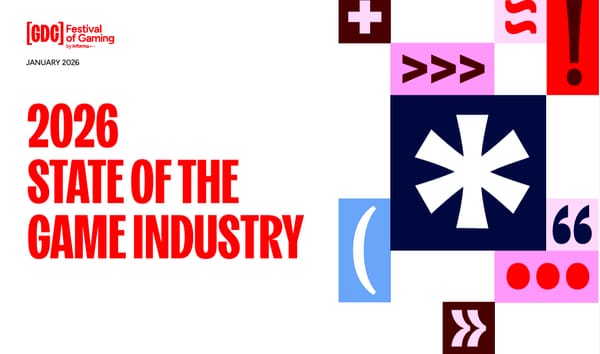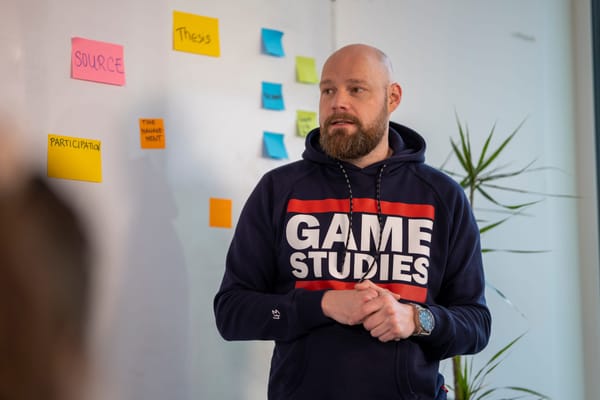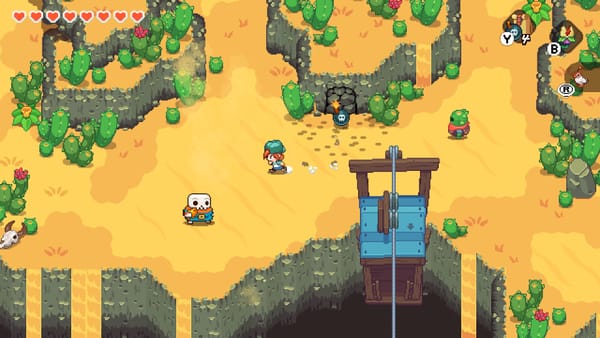Working with Chinese Teams: Cultural Differences and How They Impact Collaboration




China is a gaming market no developer or publisher aiming for success in mobile gaming can afford to ignore. In a series of three guest articles, Lana Bokay-Poltavets and Boris Burangulov from My.games share their insights and lessons learned from marketing games in China. This one is about working with Chinese teams.
We speak different languages, enjoy different foods, and spend our free time in different ways. Our traditions, daily habits, and even childhood stories vary. Yet, when we work together on the same game, understanding cultural differences becomes essential for effective collaboration.
Some argue that cultural context is overrated, that professionalism should override any cultural nuances. But in reality, these subtle differences often create tension within a team. If AI-powered translators can make texts instantly understandable, why do we still struggle to truly understand each other?
China’s 996 culture – working from 9 AM to 9 PM, six days a week – is not just an internet myth but a real challenge when working with Chinese teams. In some cases, it even extends to 007 – working around the clock, seven days a week. This approach stems from fierce job market competition, the drive for maximum efficiency, and employees’ personal ambitions.
For many Western professionals, this schedule seems excessive. We are used to maintaining work-life balance, with overtime being an exception rather than the norm. But when these two work cultures meet, conflicts inevitably arise. Chinese colleagues may send messages late at night or on weekends, expecting a quick response. While this might feel intrusive to us; for them, it’s just how work gets done.
How can we avoid misunderstandings? The key is setting clear communication rules from the start. Define working hours, establish an emergency contact, and use scheduled messages to avoid unnecessary disruptions during off-hours.
In many workplaces, a deadline is a fixed point. In China, however, deadlines are often flexible — if an opportunity arises to improve results, the timeline may shift. This isn’t due to irresponsibility but rather a cultural preference for adapting to new conditions when it leads to a better outcome.
A Chinese idiom, 随机应变 (suí jī yìng biàn), perfectly captures this mindset — it means "adapting to changing circumstances and finding the best solution in a given situation." Imagine your team made a decision that was 85% effective. Now, the Chinese team sees an alternative that is 87% effective. If you insist on sticking to the original plan, they might still adjust the course to maximize efficiency.
This approach can be frustrating, especially if your work is already scheduled to the last detail. But rather than resisting it, it’s better to anticipate potential changes and build in flexibility from the start.
In traditional Chinese culture, nothing exists in isolation — everything is defined by its relationships with others. To maintain strong partnerships with Chinese teams, it’s crucial to understand guanxi — the intricate web of personal and professional connections that underpins business interactions.
At first glance, relationship-building seems universal. After all, everyone prefers doing business with people they know and trust. However, guanxi works differently in China: - Relationships often begin before business officially starts. - Professional interactions frequently extend beyond the workplace into personal life. - Face-to-face meetings and emotional connections significantly enhance collaboration and problem-solving. - Formal agreements may take a backseat to personal trust and unwritten understandings.
Guanxi is not corruption — it’s a fundamental way of maintaining harmony and ensuring smooth cooperation. If you want to establish long-term relationships, prioritize in-person meetings, exchange small gifts, and show genuine interest in your colleagues beyond work matters.
Criticism is handled very differently in China compared to Western cultures. The concept of mianzi (面子) — or "face" — plays a crucial role. Losing face can be deeply damaging, meaning that direct criticism may not lead to improvement but rather to resentment or withdrawal.
The best way to provide feedback is privately and with tact. Instead of saying, "You made a mistake," try: "Last time, you handled a similar task very well. Let’s aim for the same level this time." This way, the message is delivered without embarrassing the recipient.
Public criticism, especially in group meetings or emails, should be avoided unless absolutely necessary. If you value your working relationship, preserving face is just as important as delivering constructive feedback.
Open disagreement is rare in China. Expressing opposition too directly, especially to a senior colleague, can be seen as disrespectful. Instead of outright rejecting an idea, it’s more effective to use softer language, like "What if we explored another approach?" or "How do you think we could handle this differently?"
Additionally, if a Chinese colleague asks many follow-up questions, it’s not necessarily because they doubt your idea. On the contrary, it’s often a sign of engagement and a desire to understand the details fully. However, if excessive questions slow down productivity, it may be helpful to establish clear communication guidelines — such as setting fixed times for Q&A sessions rather than constant back-and-forth messaging.
Until AI fully replaces human interaction, we will have to account for cultural differences. Learning about Chinese traditions, seeking guidance from experts in cross-cultural collaboration, and investing time in relationship-building will go a long way in making teamwork smoother.
Managing cross-cultural teams requires ongoing effort. It won’t magically resolve itself — you need to actively work on it. The best results come when you assemble a team that is genuinely curious about working with Chinese colleagues and willing to learn, adapt, and be patient.
Building strong relationships takes time, but the benefits last for years. By understanding and embracing these cultural nuances, you can create a more effective and harmonious working environment.
Lana Bokay-Poltavets...
is Senior Project Manager at War Robots, My.games. Lana is a dedicated project manager at War Robots with a background in community management and business development. She holds a degree in Chinese Studies (Sinology) and an MBA in Project Management. This, paired with her deep knowledge of Chinese culture, helps her lead War Robots' release in the local market and effectively oversee cross-cultural workflows. Lana believes project management unlocks team potential. She works in gamedev because she believes in its ability to unite people and create supportive communities.
Boris Burangulov...
is Executive Producer at War Robots, My.games. With a Master’s degree in Marketing, Boris began his journey in game development as a product analyst in mobile games. He then spent three years leading War Robots as an Executive Producer, driving the game's growth and success. His expertise lies in analytics, monetization, and live-ops. In addition to his professional role, Boris is an experienced speaker at global conferences (e.g. GDC), where he shares insights on game monetization, metagame strategies and the evolving landscape of free-to-play gaming.
Never miss anything from the German, Swiss and Austrian games industry again: subscribe for free to our Daily newsletter and get all news straight to your inbox.








